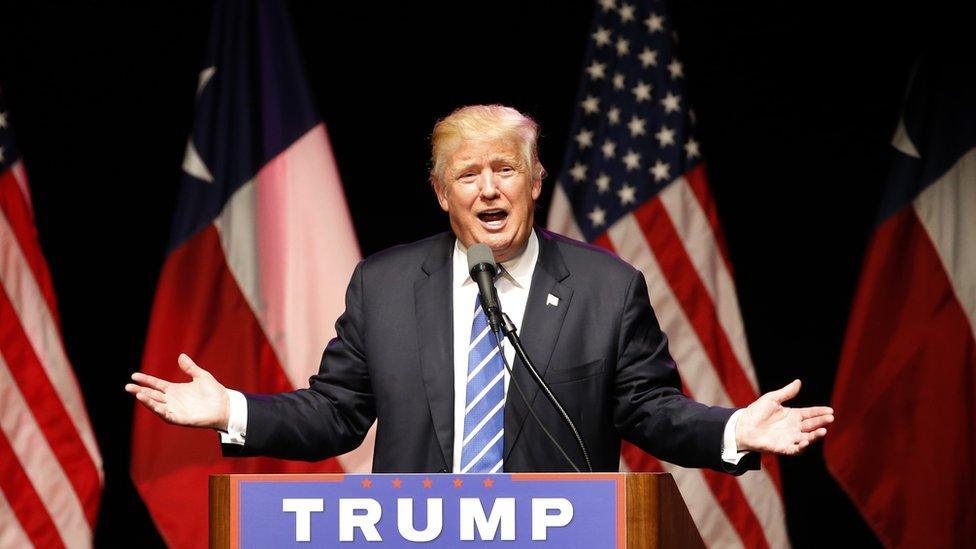Donald Trump's vow for a 100% tariff on BRICS countries, including India and China, could escalate trade tensions, disrupt global markets, and provoke retaliatory measures, challenging international economic relations.

Former U.S. President Donald Trump recently expressed his intention to impose a 100% tariff on imports from BRICS nations, including India and China, if he is re-elected. The controversial remark, framed within his broader "America First" rhetoric, is part of his ongoing critique of global trade policies, which he argues disadvantage the U.S. economy.
Trump’s proposed tariffs aim to reduce the U.S. trade deficit and incentivize domestic manufacturing. However, such a policy could trigger significant economic and diplomatic repercussions. Critics warn that imposing steep tariffs on major economies like India and China could escalate trade wars, disrupt global supply chains, and increase prices for American consumers. For India, a key strategic partner of the U.S., the move could strain bilateral ties and impact sectors like IT, pharmaceuticals, and textiles, which heavily rely on U.S. markets.
Supporters argue that tough stances are necessary to protect American jobs and industries from unfair trade practices. However, economists caution that blanket tariffs could harm global trade stability and provoke retaliatory measures. For BRICS countries, the announcement may catalyze efforts to strengthen intra-group trade and reduce dependency on Western economies, potentially accelerating the bloc's push for a multipolar world order.

